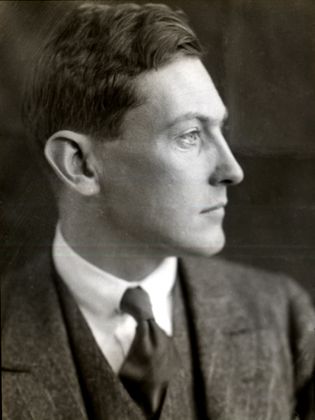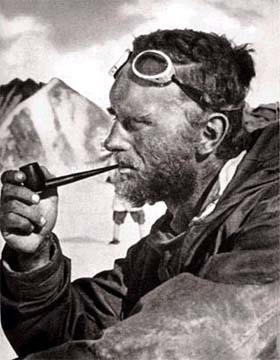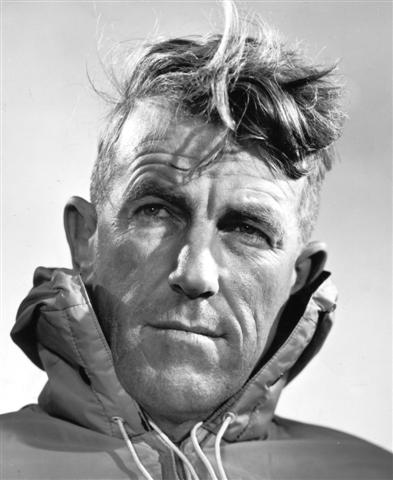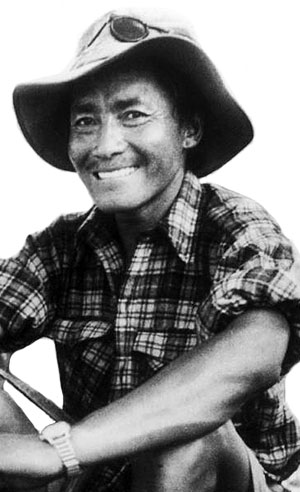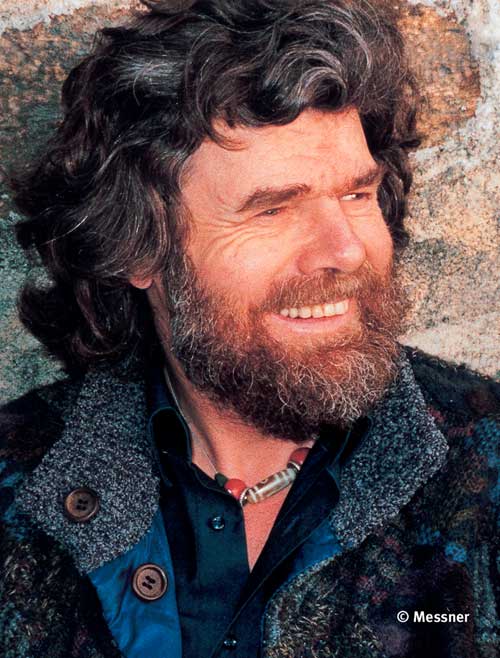|
|
The South
Asian Life & Times - SALT |
|
|||
|
Contents Adventure & Sport Five
Ultimate Everest Apa
Sherpa-21 Times
|
|
||||
|
What these
five climbers share is not only their enthusiasm and energy for the
mountain. They share the testing of their limits. They overcame unforeseen
difficulties and unknown dangers. Their climbs on Everest were almost epic. George Mallory – “Because it’s there”
One of the
best climbers of the 1920s, George Mallory died climbing on Everest in 1924.
He was 38 at the time. George Leigh
Mallory was perhaps Britain's most famous mountaineer. He was obsessed with
a mountain he had never seen – Everest. When the Royal Geographical Society
of England announced an expedition to the Everest in 1921, Mallory was very
enthusiastic about it and was selected as a team member. The first seven
Mount Everest Expeditions, undertaken between 1921 and 1938, were all
attempted from the north side of Everest, from the Tibetan side. Nepal, at
the time, did not allow foreigners to explore it mountains. These early
expeditions attempted to ascend Everest from the North Col.
Eric Shipton: Great Everest Explorer
Eric
Shipton was the first to open the Everest region to climbing expeditions
from the southern side in Nepal. One of the greatest mountain explorers of
the twentieth century, Shipton was a team-member on all four Everest
expeditions during the 1930s and established, in 1951, the route that
Hillary and Tenzing would follow to the top of the world.
Mount Everest was unknown and uncharted
territory until Shipton found the route up the Khumbu Icefall. Earlier, in
1933 he and Smthye had climbed to the First Step on the Northeast Ridge at
8,400 meters before turning back. He should have led the historical ascent
of 1953, but was not included in the expedition. Sir Edmund Hillary: Everest First Ascent
The modest,
humble, and unassuming Sir Edmund Hillary was a devoted mountaineer from New
Zealand who made the first ascent of Mount Everest together with Tenzing
Norgay on May 29, 1953. He had first travelled to the Himalaya in 1951 as
part of an expedition led by Eric Shipton that explored the Khumbu icefall.
Two years later he was part of the ninth British Everest Expedition where he
was paired up with Tenzing for a summit bid by the expedition leader Col
John Hunt. The two men became the first humans to stand on top of the
world's tallest mountain on May 29, 1953. Hillary wrote of their final few
steps to the top of the world: "Another few weary steps and there was
nothing above us but the sky. There was no false cornice, no final pinnacle.
We were standing together on the summit. There was enough space for about
six people. We had conquered Everest.” " Tenzing Norgay: Everest, First Aascent
Tenzing
Norgay, a Sherpa from Nepal and an Indian by domicile, was the first to
stand on top of the world that fateful day on 29 May 1953 – together with
Edmund Hillary. It was a life-changing moment for Tenzing. He became an
icon, a hero, and symbol of Sherpa contribution to Himalayan climbing. Their
celebrity status has outlived them. This was
Tenzing’s seventh Everest expedition. In 1952 he was part of a Swiss team
that included legendary alpinist Raymond Lambert, who had pioneered the
route up the steep Lhotse Face and reached the South Col. Tenzing and
Lambert climbed to 28,210 feet (8,598 meters) on the Southeast Ridge
—perhaps the highest anyone had ever been. Reinhold Messner: Rock Star of Mountaineering
Tyrolean
Reinhold Messner is one of the greatest Mount Everest climbers. Full of new
ideas and new techniques, Messner has set new standards in mountaineering.
With his characteristic high-altitude
alpine-style climbing, he believed nothing was “impossible.” Together with
Peter Habeler, he made the revolutionary first ascent of Everest without
supplemental oxygen in 1978. Two years later, in 1980, he made the first
solo ascent of Everest, and also discovered a new route up the North Face. Born in
the Italian province of South Tyrol, Reinhold was five years old when he made
his first summit, climbing some 3,000 feet up a peak in the Geislerspitzen.
“We
had no football place in the valley . . . we had no swimming pool—and the
only possibility to do something to express ourselves was to go on the
rocks. So we learned very early." There was no looking back. Messner climbed
Nanga Parbat in 1970 with his younger brother Günther, but tragedy struck
when his brother died during the descent.
|
|||||
|
Copyright © 2000 - 2013 [the-south-asian.com]. Intellectual Property. All rights reserved. |
|||||
